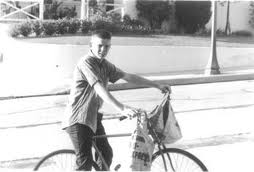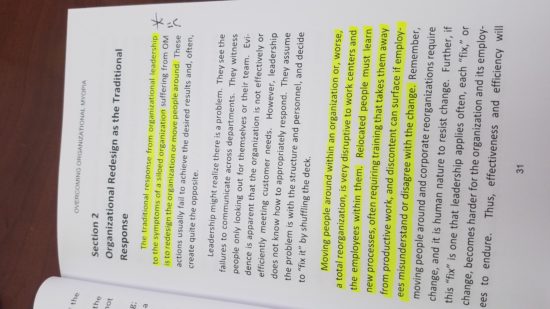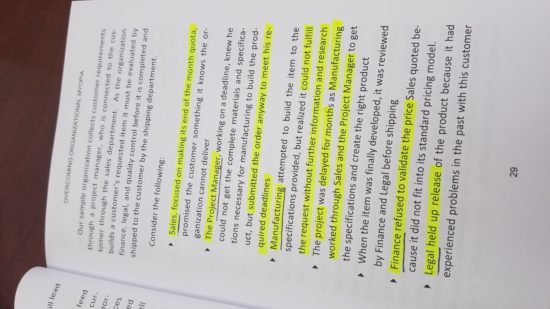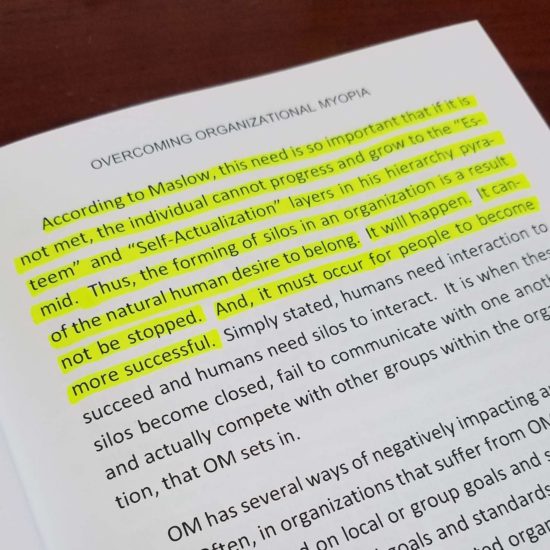What was your first job? Leave a comment below.
My first paying job was a paperboy. When I look back on this now, I can see the lessons I learned and didn’t realize it.
Capacity Management. No matter how many papers I would have liked to deliver (and make money from), only so many would fit in the bags on my bike. This is why paper routes were taken over by people in vehicles.
Accounts Payable. If I didn’t collect the money from the customers, I didn’t get paid. This taught me concepts, like: “fee for service,” and “deadbeat.”
Customer Experience. I got lazy and I dumped my papers in the bushes one time. Tons of people called and complained. I don’t mind being lazy, but that just caused more work in the long run. People don’t like lazy employees.
I didn’t think I was a Business Owner when I owned a Paper Route. Maybe if I had, I would have run it different? In life, we often do see us as “owning” anything when we work for a company…we turn over our rights to someone else. Maybe we need to rethink ownership, regardless of our role?
Where did you start and what didn’t you learn from it?




